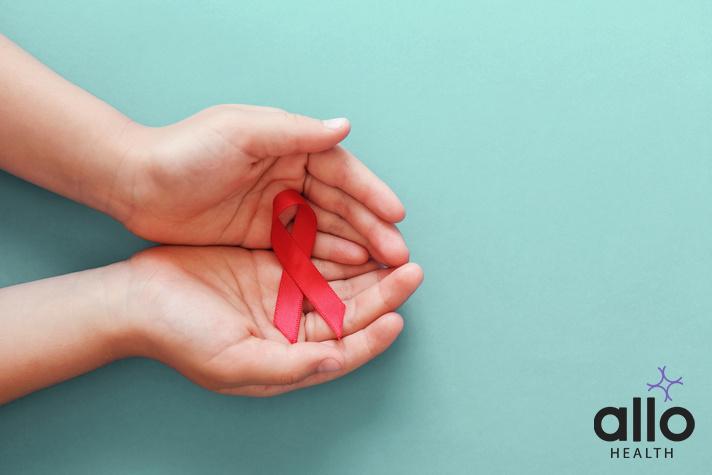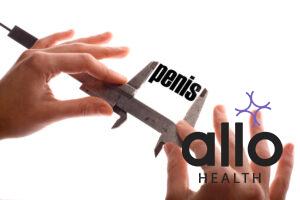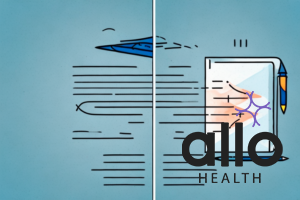HIV Test Index Value Fluctuations

When you receive an HIV test result with an index value, it’s natural to have questions about what the numbers mean, especially when there’s some variation. An index value less than 0.9 is considered negative, while a value of 1 or higher is positive. If your results show an index of 0.85 and another time it’s 0.15, both are negative, but the fluctuation can be confusing.
First, understand that small fluctuations in HIV index values are normal and not a cause for concern. Several factors can cause these variations:

- Testing Conditions: Different times of the day or slight differences in lab conditions can lead to minor variations in results.
- Immune Response: Your body’s immune response can change slightly, affecting the index value without indicating a true infection.
- Test Sensitivity: Some tests are more sensitive than others, which can cause slight differences in the index value.
An index value of 0.85 is still safely within the negative range. It’s not on the borderline of becoming positive. Even though it’s higher than 0.15, it doesn’t mean you are at risk of becoming positive. For someone who is HIV-negative, any value below 1 is considered safe. The threshold is set to ensure there is a clear distinction between positive and negative results, minimising false positives.
If your index value is below 1, you are considered HIV-negative. The small fluctuations are normal and nothing to worry about. Always follow up with your healthcare provider for personalised advice and to understand your results better.
Small fluctuations in HIV test index values are normal and not a cause for concern. An index value below 1 is considered negative, so values like 0.85 and 0.15 are both safe and indicate you are HIV-negative.





